
What is High-Functioning Alcoholism?
Severe addiction is a chronic illness that can take hold of both the mind and body. Yet, in some cases, individuals appear to function normally under the influence of addictive substances. One such condition is high-functioning alcoholism—a form of alcohol dependence that often goes unnoticed due to the person's ability to maintain the appearance of a stable life.
What Is High-Functioning Alcoholism?
High-functioning alcoholism refers to a condition in which a person is dependent on alcohol but continues to perform daily responsibilities—maintaining jobs, relationships, and social appearances. However, beneath this surface lies a deeper problem. According to addiction specialists, alcoholism is a treatable chronic medical disorder that causes long-term neurological changes. Over time, even those who function seemingly well may experience significant psychological and behavioral shifts that impact their overall well-being.
Contrary to popular belief, individuals with high-functioning alcoholism often cannot simply "stop drinking" on their own. In many cases, clinical intervention is necessary for recovery.
How It Differs from Traditional Alcoholism
While both conditions involve alcohol dependency, there are key differences between alcoholism and high-functioning alcoholism. Traditional alcoholism is often more visibly disruptive, leading to job loss, financial issues, and broken relationships. High-functioning alcoholics, on the other hand, tend to hide their dependency more effectively. They often have a higher tolerance for alcohol, experience withdrawal symptoms, and may be able to maintain a stable façade for years.
However, this outward stability masks serious health and emotional risks. Repeated alcohol use can result in severe cravings, liver damage, cognitive decline, and increased dependency—regardless of how "put together" a person may appear.
Health Risks and Mental Consequences
The physical consequences of alcohol addiction are well-known, and high-functioning alcoholics are not exempt from them. Over time, excessive alcohol use can damage the liver, kidneys, pancreas, and heart, and significantly increase the risk of stroke, high blood pressure, and even premature death due to accidents or alcohol poisoning.
The emotional toll is equally significant. Alcohol can contribute to the development of anxiety, depression, and severe mood disorders. As alcohol begins to influence behavior, individuals may experience strained relationships, social withdrawal, and an erosion of emotional control—all of which contribute to a vicious cycle of dependence and isolation.
Common Behaviors and Warning Signs
While only a qualified medical professional can diagnose high-functioning alcoholism, there are several red flags to be aware of:
-
Denial and Avoidance: Often, individuals deflect concern or make excuses for their drinking habits.
-
Frequent Blackouts: Regular memory lapses following drinking, even if other functions seem normal.
-
Hidden Drinking: Drinking during inappropriate times—such as during work hours, before driving, or when alcohol is not permitted.
-
High Tolerance: Being able to consume large amounts of alcohol without showing obvious signs of intoxication.
-
Over-Reliance on Alcohol: Always using alcohol to celebrate, relax, or cope with stress.
-
Maintained Appearance: Often well-groomed and socially active, which can obscure the severity of the problem.
In some cases, individuals may also begin to prioritize alcohol over responsibilities, personal health, or relationships—even if they manage to appear composed externally.
Treatment and Support Options
The good news is that recovery is possible, and support is available. Addressing high-functioning alcoholism requires honesty, compassion, and a well-structured plan. If you're concerned about a loved one, the best approach is to start an open, respectful conversation about how their drinking affects you and others. It’s essential to approach the situation without blame or shame, encouraging them to seek help when they are ready.
Treatment options for high-functioning alcoholism include:
-
Medical detoxification
-
Inpatient and outpatient rehab programs
-
Individual or group therapy
-
Medication-assisted treatment (e.g., acamprosate, disulfiram)
-
Peer support groups like Alcoholics Anonymous (AA)
Understanding high-functioning alcoholism is the first step in providing meaningful support. With proper treatment and compassionate care, individuals struggling with alcohol dependence can reclaim control over their lives and relationships.
News in the same category


How True Love Shows Itself During Intimacy

Optical illusion reveals what kind of lover you are

The Chocolate You Pick Reveals What Kind Of Woman You Are

Why Do Some Men Keep Their Pinky Fingernail Long? The Hidden Meaning Behind a Tiny Tradition

Raccoons Can Remember You—For Over Three Years

The Surprising Power of Scent: How Male Underarm Sweat May Affect Women's Hormones and Mood

Why Do Men Kneel on One Knee When Proposing?

The Eagle’s Response: A Powerful Lesson in Rising Above

Reasons why women cheat, according to a relationship expert

What Do You See in the Image? A Goat or an Eagle? Your Brain Might Decide!

Why Do Dogs Smell Certain Parts of the Body? Uncovering the Mystery

🐱 What Does It Mean When Your Cat Shows You a Mouse?

Point Nemo: The Most Remote Place on Earth—Closer to Space Than Humanity

Staying at Home with Your Children is Harder Than Going to Work

This is why you should keep the bathroom light on when sleeping in a hotel

7 Things That Happen To Your Body When You Don’t Have Sex For A While

The story behind the tiny pocket on your jeans

What’s SPAM, really — and what goes into it?
News Post
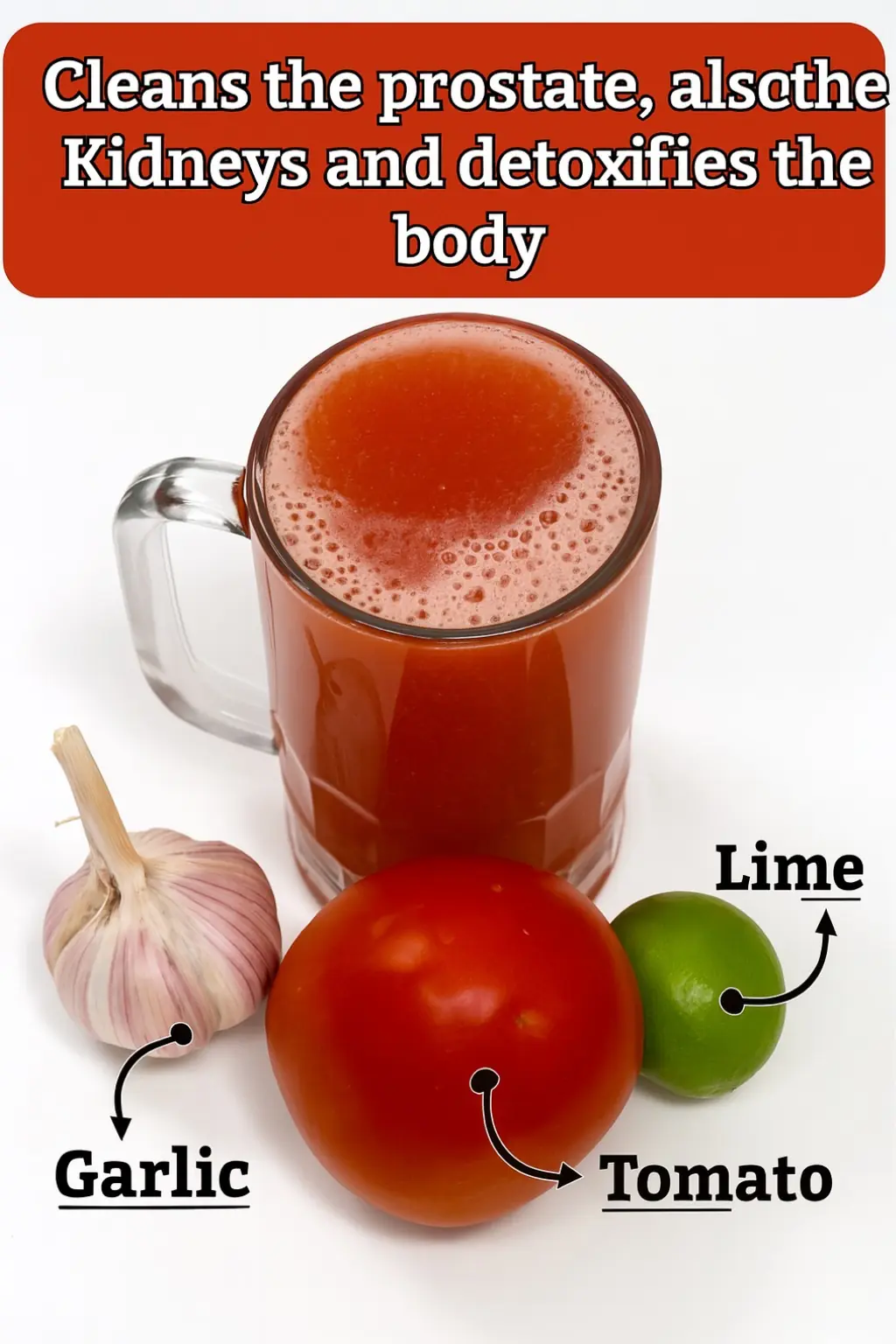
Discover the Ancient Secret to Detox Your Body, Revitalize Your Kidneys, and Supercharge Your Prostate Health!

The Backyard Superfood You’re Probably Pulling Out: 7 Reasons to Grow Purslane Now

This Banana, Avocado & Carrot Smoothie Will Transform Your Health in One Sip!
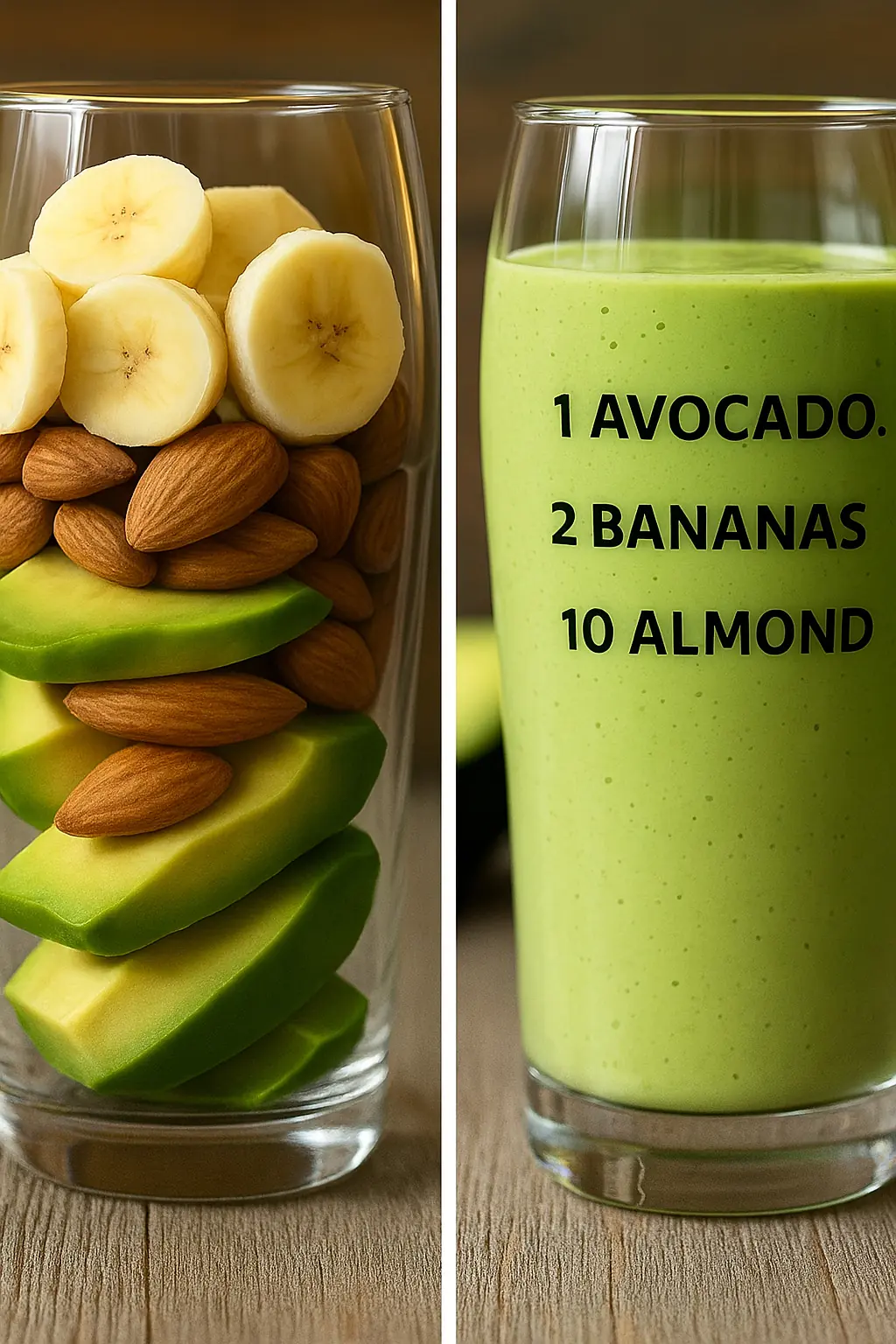
Unleash Your Inner Fire: The Ultimate Natural Drink to Skyrocket Energy, Confidence, and Performance
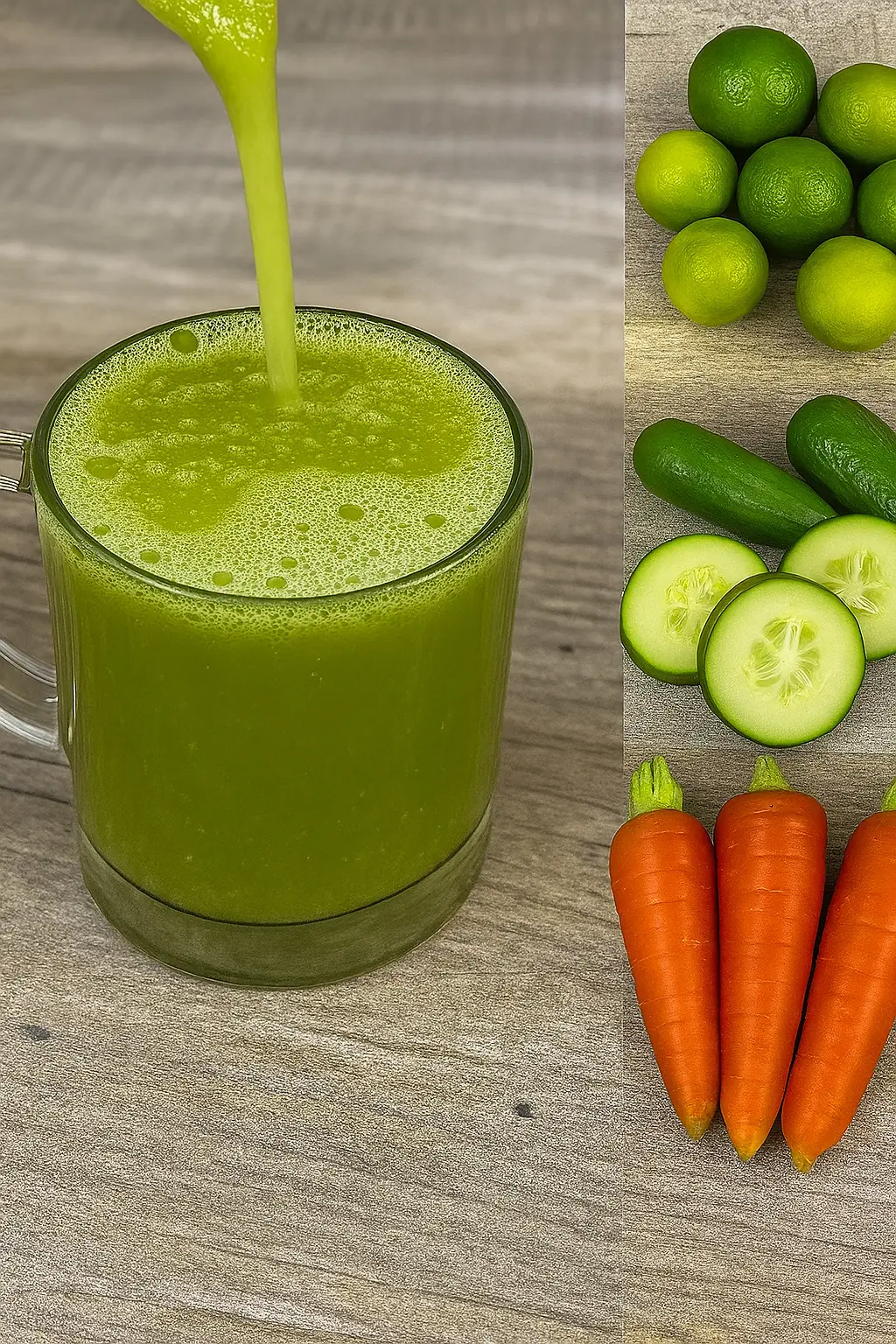
The Miracle Drink You NEED to Know About: Transform Your Health with This Cucumber, Carrot, and Lemon Elixir
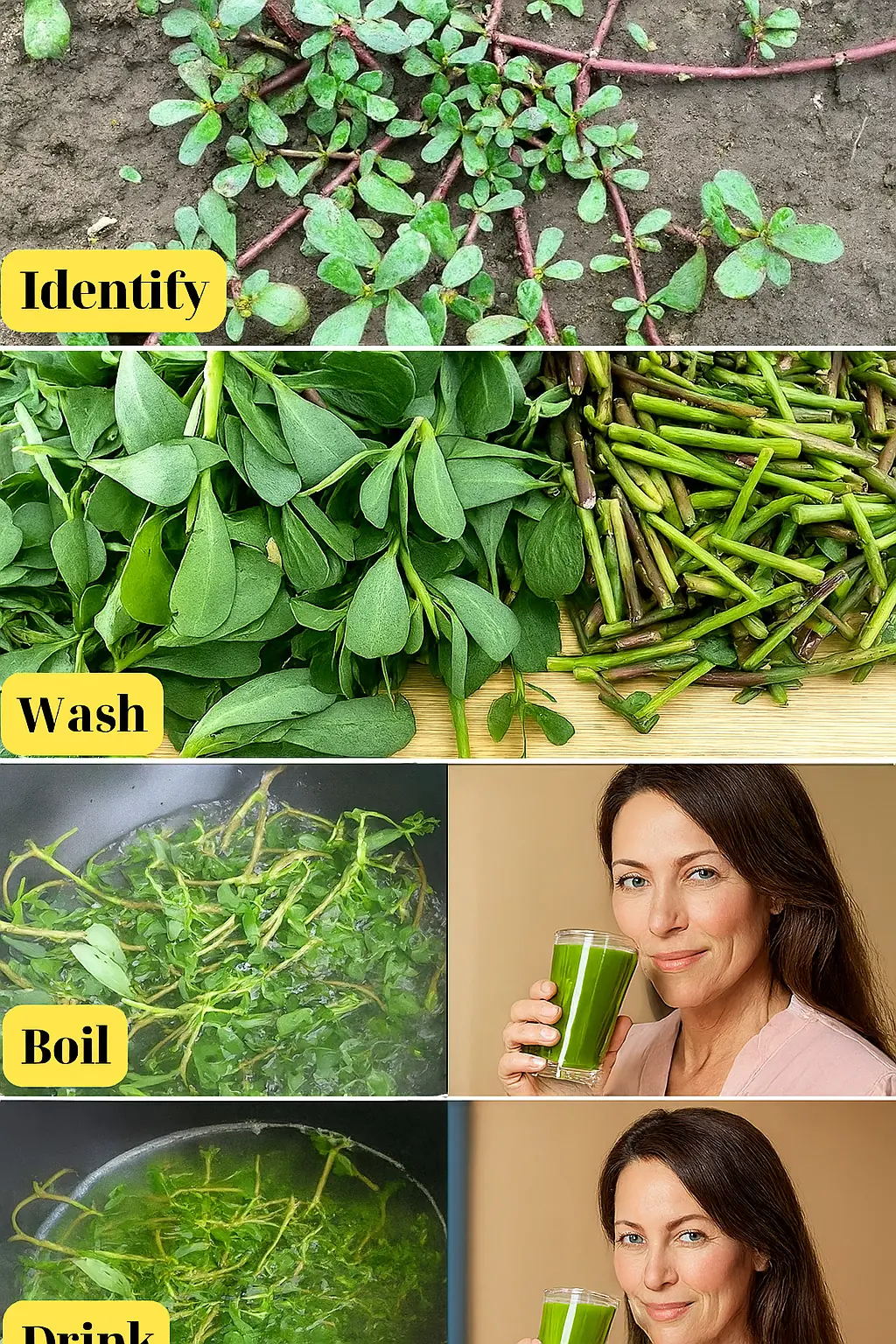
Discover the Hidden Superfood in Your Backyard: 8 Irresistible Reasons to Embrace Purslane

Unlock the Secret to Stunning Hair: The Jaw-Dropping Power of Homemade Onion Hair Oil Revealed

Sip Your Way to Stunning: Why Every Woman Needs the Lipton, Cloves, and Ginger Elixir in Her Life

Starving horse Heidi is dumped in mud and left to die – volunteers save her and now she’s winning awards

The Secrets Your Thumb Shape Reveals About Your Personality
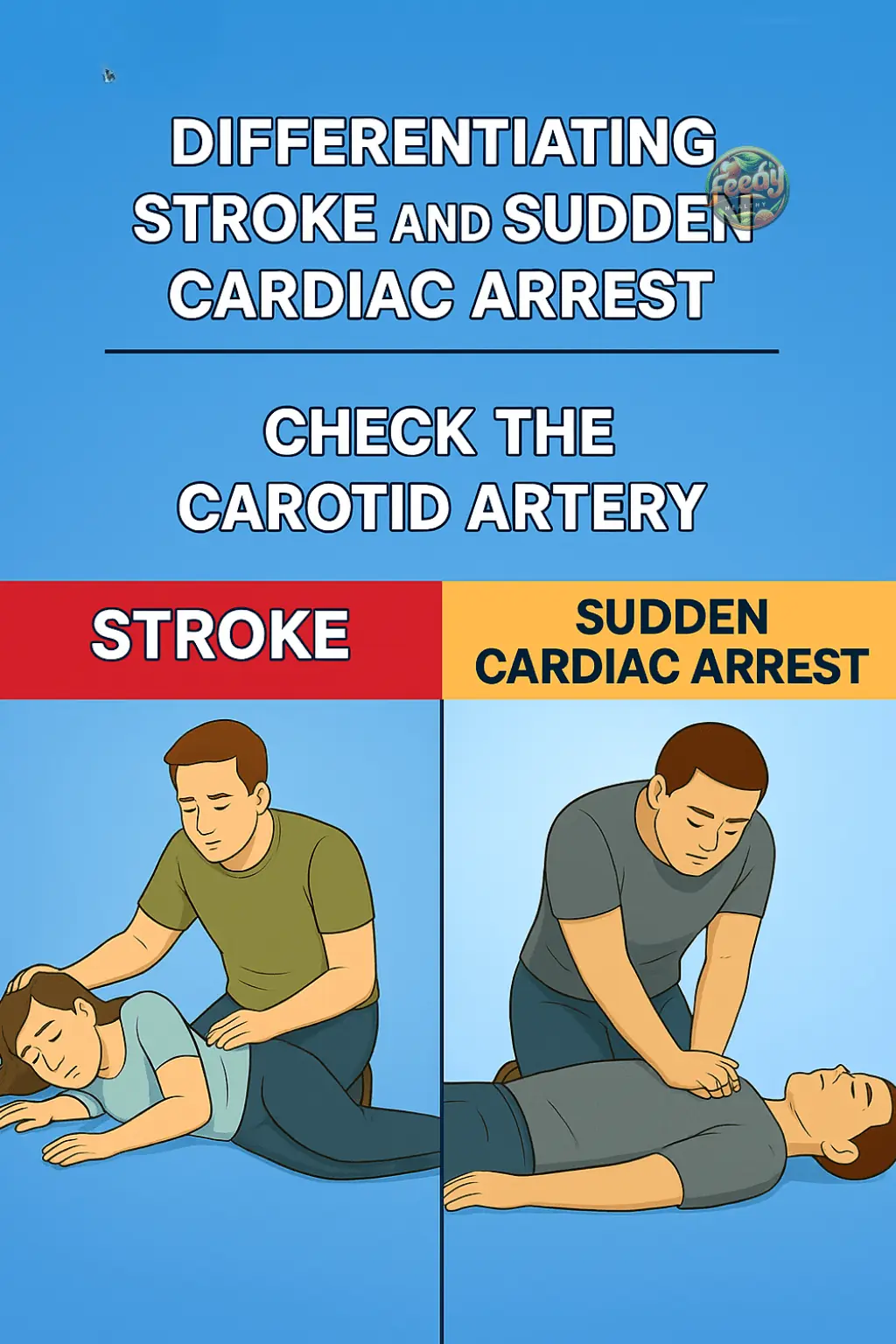
❗DON’T CONFUSE STROKE WITH SUDDEN CARDIAC ARREST – A MISTAKE COULD COST A LIFE!

SHE WALKED RIGHT UP TO THE COPS WITH HER FREEZER POP—AND HANDED THEM A NOTE FROM HER MOM

THE DOG THEY WANTED US TO PUT DOWN IS THE ONLY REASON MY DAUGHTER SLEEPS THROUGH THE NIGHT

How to Unclog Stovetop Burners and Make the Flame Stronger with This Fantastic Homemade Trick

17 Reasons Why You Should Drink Boiled Okra Water on an Empty Stomach
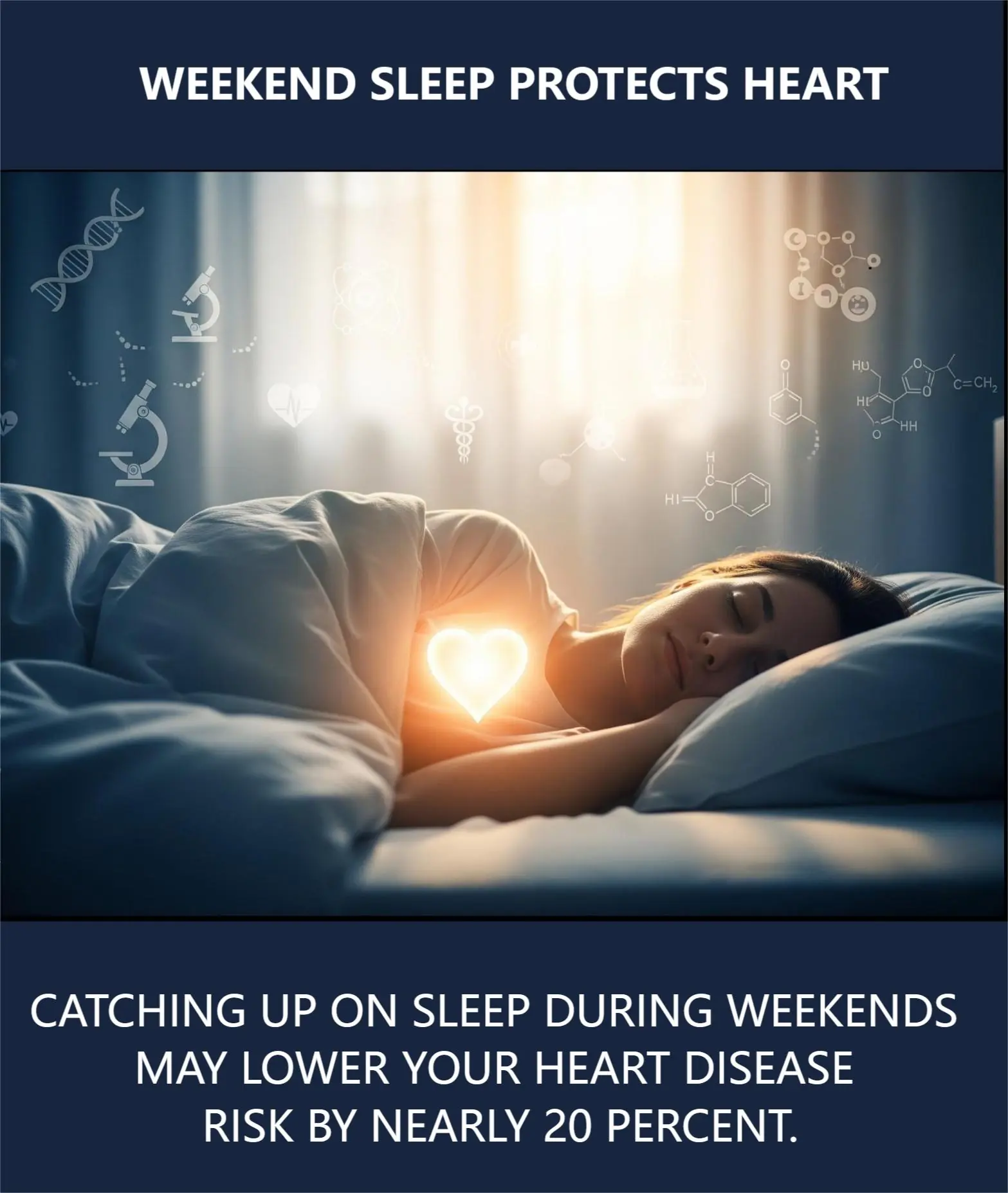
Weekend Sleep: A Surprising Ally for Your Heart
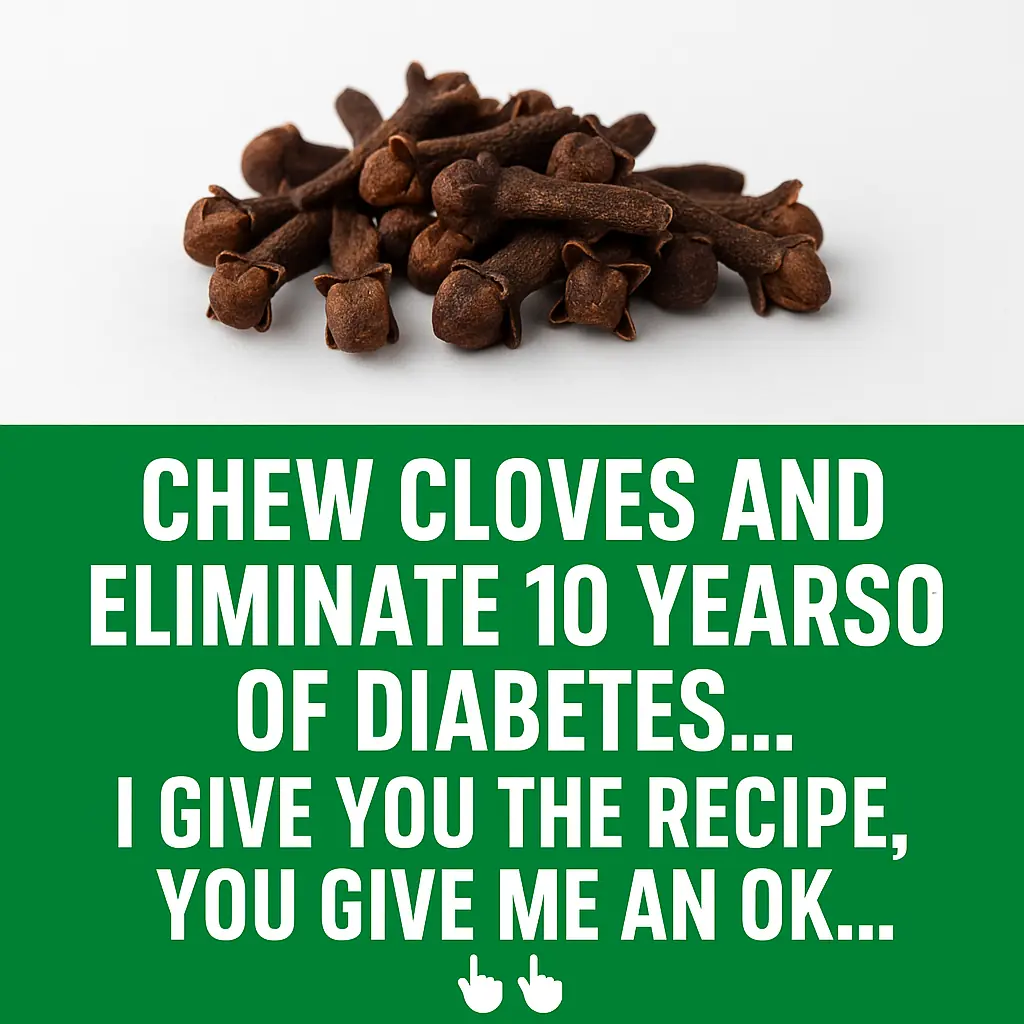
Clove: A Natural Superfood for Your Health

Japan: Where Even 5-Year-Olds Can Walk to School Alone
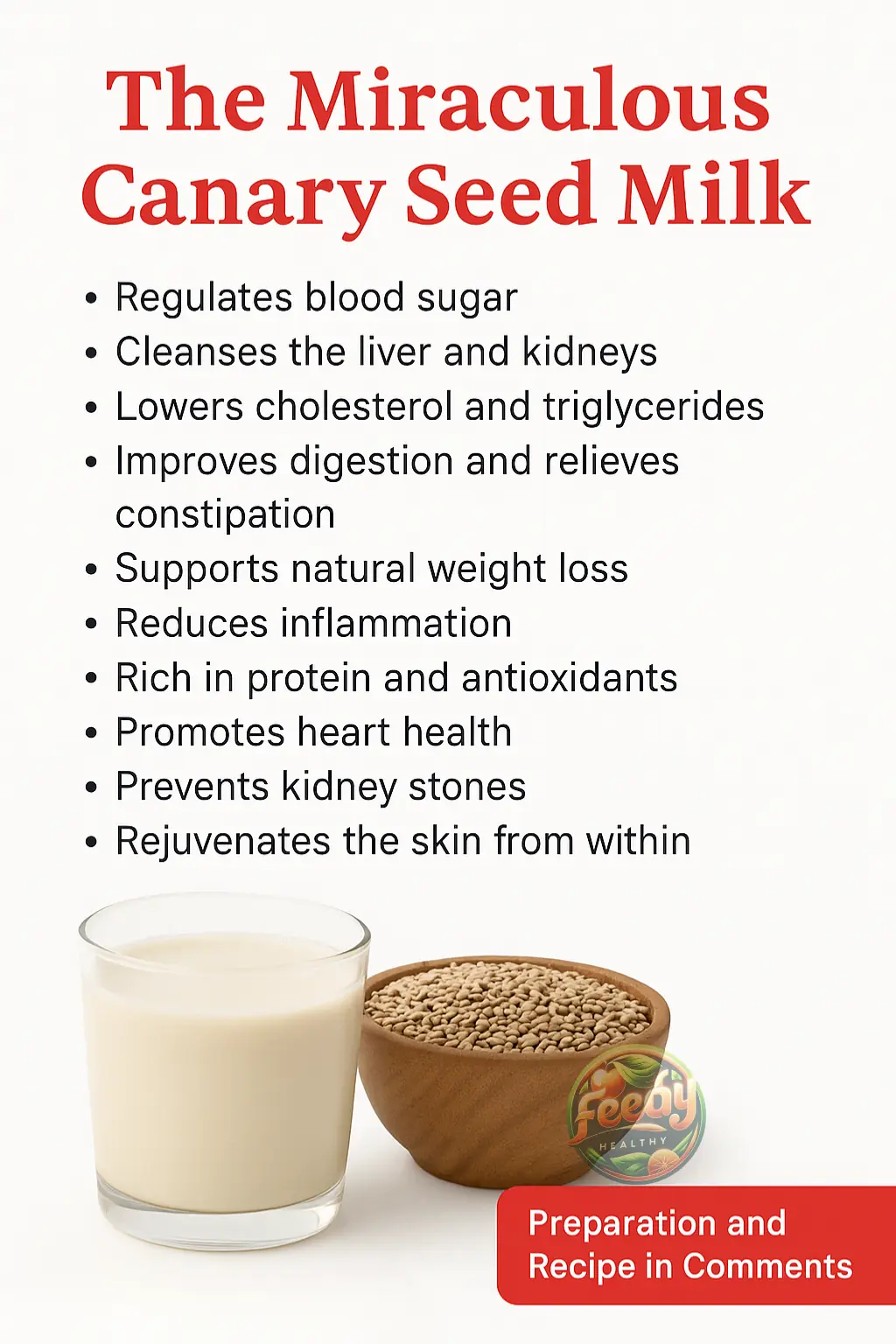
Canary Seed Milk: The Ancient Secret to Detoxify Your Body

